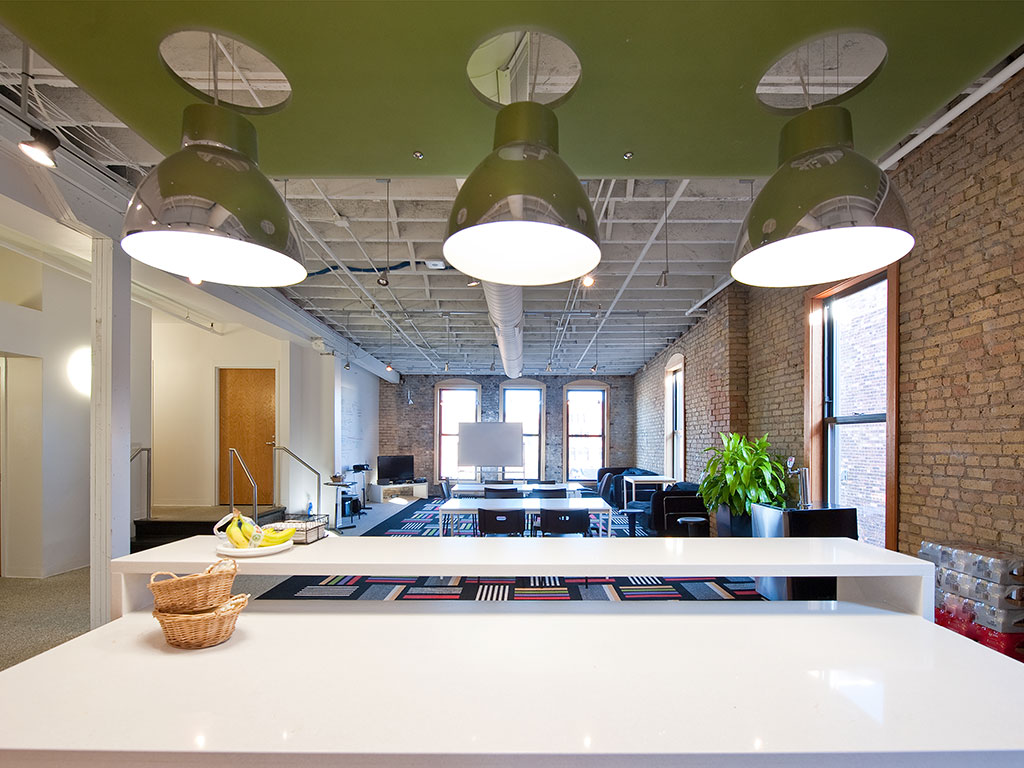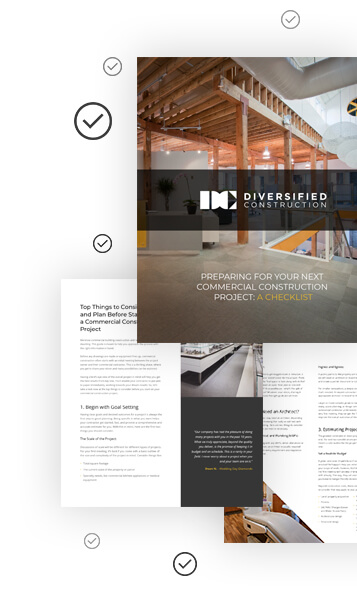Smart Building System Management
By harnessing the power of state-of-the-art technologies (like the Internet of Things (IoT), artificial intelligence (AI), and data analytics), smart buildings create a connected and intelligent infrastructure that goes beyond traditional buildings.
Smart buildings are transforming the management and operation of modern facilities, offering unprecedented levels of efficiency and sustainability. However, to fully harness the potential of smart buildings, effective system management is essential.
In this article, we will explore the key factors to consider for the successful management of smart building systems.
Data Integration and Interoperability
In a smart building environment, multiple systems (such as HVAC, lighting, and security) work together to create an intelligent infrastructure. Here’s how to achieve seamless communication and exchange of data between systems:
Data Management Infrastructure: Implementing a comprehensive data management infrastructure is crucial for effectively handling the vast amount of data generated by smart building systems. This infrastructure should include data storage, processing, and analysis capabilities.
Interoperable Technologies: Adopting interoperable technologies ensures that different systems can easily exchange and analyze data. Data from one system can be utilized by other systems, optimizing operational efficiency.
Continuous System Monitoring
As smart buildings become increasingly complex and interconnected, monitoring systems in real-time becomes imperative to identify issues, make data-driven decisions, and proactively address potential problems. Here’s why continuous system monitoring ensures optimal performance:
Early Detection of Anomalies: With continuous monitoring, deviations from normal operations or performance can be detected early on. This enables prompt troubleshooting and preventive measures to minimize disruptions, equipment failures, or occupant discomfort.
Energy Management and Efficiency: By closely monitoring energy usage, managers can implement energy-saving strategies, adjust settings, and prioritize energy-efficient practices. This results in significant cost savings and reduced environmental impact.

Cybersecurity and Data Privacy
In the era of interconnected systems and data exchange, smart buildings must prioritize the protection against potential cyber threats and unauthorized access. Here's how smart buildings can ensure a high level of cybersecurity and data privacy:
Network Security Measures: Smart buildings rely on interconnected technologies, making them vulnerable to cyber attacks. Implementing strong network security measures (like network segmentation, firewalls, and intrusion detection systems) helps protect against unauthorized access and potential breaches.
Encryption and Authentication: Encrypting data transmitted between devices and systems adds an extra layer of protection against potential interception or tampering. Authentication protocols (such as two-factor authentication and secure access controls) ensure that only authorized individuals can access sensitive systems and data.
Scalability and Future-Proofing
The technology landscape is constantly evolving, with new innovations emerging regularly. Smart buildings should be designed to evolve and adapt to changing needs and advancements. Here's how smart buildings can be positioned for long-term success:
Selection of Emerging Technologies: As technology continues to advance rapidly, it is essential to select scalable solutions that can accommodate future growth and expansion. This flexibility allows the building to leverage new advancements without the need for significant infrastructure changes.
Adaptability to Industry Changes: By staying informed about industry trends, updates, and emerging regulations, smart building managers can make informed decisions and adapt their systems accordingly. This adaptability ensures compliance with evolving standards.
Conclusion - Smart Building System Management
By carefully considering and implementing the right strategies, organizations can ensure the smooth operation, optimal performance, and long-term success of their smart building systems.
Diversified Construction specializes in warehouse design, remodeling, and new construction, with over 60 years of business experience in the Twin Cities. Contact us today at 952-929-7233 if you’re looking to start a new project.

